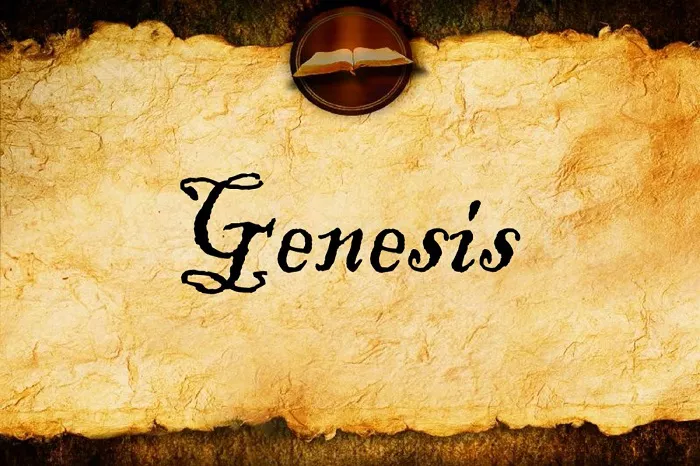Genesis is the first book of the Bible. It starts the story of creation. It tells how the world began. It includes the stories of Adam and Eve, Noah, and Abraham. Genesis is essential for understanding the rest of the Bible. But one common question is: what year is Genesis in the Bible?
The Creation of the World
Genesis begins with the creation of the world. According to the Bible, God created the world in six days. He rested on the seventh day. This creation event does not have a specific year. It is often viewed as a timeless event. Some scholars try to calculate the age of the earth based on the Bible. They use the genealogies listed in Genesis. These calculations vary. Some suggest the world is about 6,000 years old. Others think it is much older.
The Time of Adam and Eve
After the creation, Genesis tells the story of the first humans, Adam and Eve. They lived in the Garden of Eden. They sinned and were expelled. The Bible does not give specific dates for their lives. The story of Adam and Eve is symbolic for many people. It represents the beginning of human history. Some scholars place Adam and Eve around 4000 BC. This is based on genealogical calculations. However, these dates are not exact.
The Age of the Patriarchs
Genesis continues with the stories of the patriarchs. These include Abraham, Isaac, and Jacob. Abraham is a central figure. He is considered the father of the Israelite nation. According to some scholars, Abraham lived around 2000 BC. This date is based on various historical and archaeological findings. Isaac and Jacob follow in the narrative. They also lived around this time, though exact dates are uncertain.
The Story of Joseph
The story of Joseph is another key part of Genesis. Joseph was sold into slavery by his brothers. He rose to power in Egypt. This story may be set around 1800 BC. Again, these dates are approximate. They help provide a historical context. But they are not definitive.
The Flood and Noah’s Ark
One of the most dramatic stories in Genesis is the flood. Noah built an ark to save his family and animals. The flood covered the earth. This story also lacks specific dates. Some scholars suggest it could be around 3000 BC. Others think it could be based on older flood legends. The exact timing remains a topic of debate.
The Tower of Babel
The story of the Tower of Babel is another important event. People tried to build a tower to reach heaven. God confused their language. This story explains the origin of different languages. Like other Genesis stories, it lacks specific dates. It serves more to explain cultural and linguistic diversity.
Genealogies and Chronologies
Genesis includes many genealogies. These lists of names link generations. They provide a sense of historical continuity. Some people use these genealogies to calculate dates. This method is called “biblical chronology.” It attempts to create a timeline from creation to later biblical events. However, these calculations are often debated. Different interpretations lead to different dates.
Theological Perspectives
Many people view Genesis from a theological perspective. They see it as a book of lessons and symbols. The exact dates are less important. The messages about God, creation, and human nature are central. This perspective focuses on the spiritual truths in Genesis.
Historical and Archaeological Insights
Historians and archaeologists try to place Genesis in a historical context. They compare biblical stories with historical records. They look for evidence of events like the flood or the lives of the patriarchs. This research can suggest approximate dates. But it often raises more questions than answers.
The Importance of Genesis
Regardless of the specific dates, Genesis is crucial. It sets the stage for the rest of the Bible. It introduces key themes and characters. It shows the relationship between God and humanity. Understanding Genesis helps in understanding the entire Bible.
See Also: Why Is Genesis So Important?
Modern Interpretations
In modern times, interpretations of Genesis vary widely. Some people take a literal approach. They believe the events happened exactly as described. Others see Genesis as symbolic. They focus on the deeper meanings rather than the exact dates. Both perspectives offer valuable insights.
Conclusion
The question of what year Genesis is in the Bible does not have a simple answer. The stories in Genesis span many years and lack specific dates. Scholars suggest approximate dates based on genealogies and historical research. These dates range from around 4000 BC for Adam and Eve to 1800 BC for Joseph. However, the exact timing remains uncertain. Genesis is more than a historical record. It is a foundational text with rich theological and symbolic meanings. Understanding its context, themes, and messages is more important than pinpointing exact dates.


